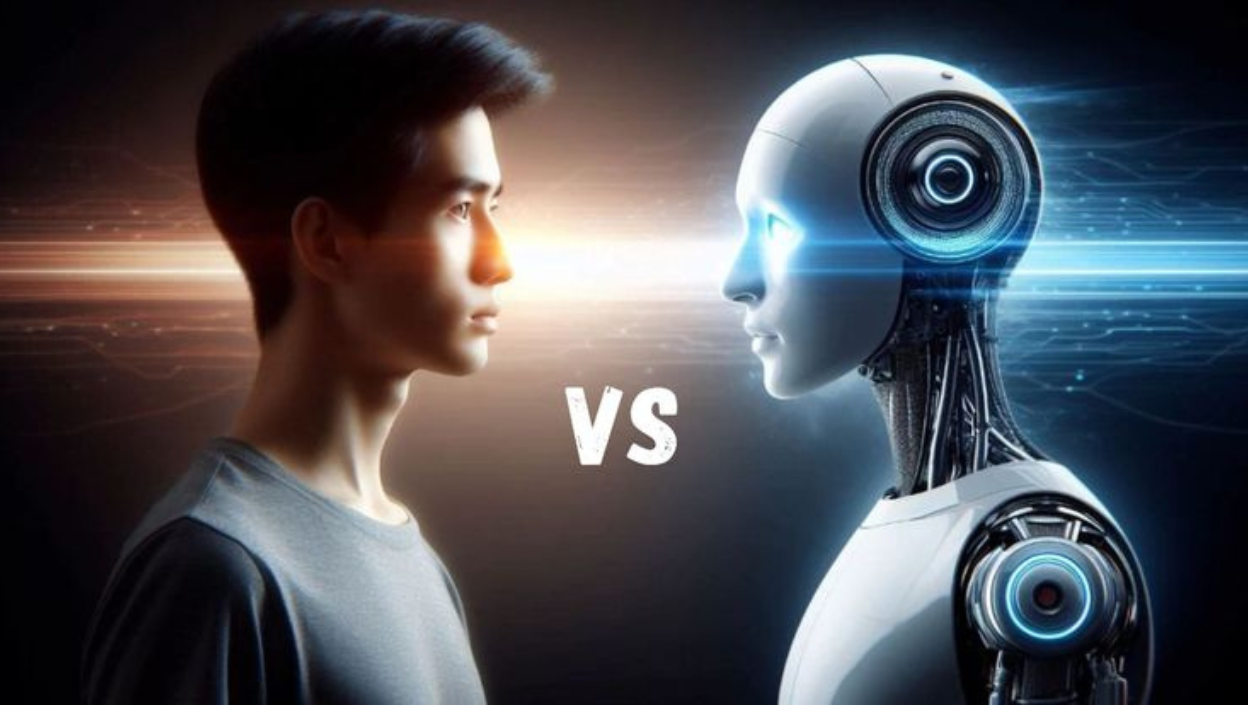Personalized Everything: How AI Will Redefine Customer Experiences
By Priyanshu | Publish Date: 4/26/2025 12:49:58 PM | Update Date:

Personalized Everything: How AI Will Redefine Customer Experiences
Picture yourself launching your go-to app and seeing exactly what you're looking for — before you even think about looking for it.
Today's fast-paced digital age has led customers to no longer accept one-size-fits-all experiences. They demand that brands understand them, know them, and serve their needs ahead of time. With the speedy growth of Artificial Intelligence (AI), this kind of personalization is no longer a science fiction fantasy — it's fast becoming the new standard. Let's explore how AI is changing customer experiences and why personalization is the pulse of business today.
The Move to Hyper-Personalization
Previously, businesses have been all about mass marketing — a single message to millions of individuals. Now, the strategy has dramatically changed.
Today, customers demand that brands personalize their interactions with them as individuals, not as statistics. Hyper-personalization involves providing customized experiences, messages, products, and services in real-time according to a customer's actions, likes, and even feelings.
Companies such as Netflix, Spotify, and Amazon have raised the bar. Their AI-driven recommendation engines predict what consumers want to watch, listen to, or purchase with breathtaking precision — sometimes before the customer is even aware themselves.
How AI Drives Personalization
AI enables hyper-personalization by processing vast quantities of data more quickly than humanly possible. Here's the process:
- Machine Learning (ML): ML algorithms monitor user activity, from clicks to buys, and learn to make future predictions.
- Natural Language Processing (NLP): AI comprehends language, tone, and sentiment, enabling brands to talk more naturally, human-like.
- Predictive Analytics: Through the analysis of past behavior, AI can forecast what customers will need next — personalization proactive, not reactive.
This technology allows businesses to instead provide exactly what customers want to purchase — at the right time, through the right medium.
Real-World Applications Across Industries
AI-powered personalization isn't just for entertainment and retail. It's transforming industries across the board:
- Retail: Personalized product recommendations based on browsing history, dynamic pricing.
- Healthcare: Personalized wellness plans, medication reminders, AI-powered telehealth consultations.
- Finance: Personalized investment portfolios and fraud warnings based on expenditure patterns.
- Travel: Personalized travel plans, AI-powered chatbots that help with booking, and real-time updates according to the preferences of travelers.
In all industries, the objective is the same: make the customer feel noticed, understood, and valued.
Benefits for Brands and Customers
When executed well, AI personalization provides a win-win scenario:
For Customers:
- Smoother, quicker, more relevant experiences.
- A feeling of being valued and understood.
- Less noise, more of what they care about.
For Brands:
- Increased customer satisfaction and loyalty.
- More sales, conversion rates, and lifetime value.
- Insightful data to inform better decisions.
Personalization driven by AI enables occasional buyers to become lifelong brand enthusiasts.
Challenges and Ethical Considerations
While AI personalization offers tremendous possibilities, it also raises serious challenges:
- Privacy Concerns: Gathering and analyzing customer data raises critical issues regarding consent and transparency.
- The "Creepy Factor": There is a thin line between useful and intrusive. If customers sense they are being monitored too much, trust can be lost very fast.
- Bias and Fairness: AI systems need to be developed with careful training to prevent perpetuating biases or discriminating against groups.
Brands need to place emphasis on ethical AI practices, building personalization approaches based on respect, transparency, and customer control.
The Future of Personalized AI
In the future, the next wave of AI personalization will be even more intuitive and emotionally intelligent:
- Emotional AI: Technologies that can sense moods using voice, facial recognition, and biometric information to customize interactions.
- Virtual Personal Assistants: AI assistants that can anticipate needs, schedule appointments, and even organize shopping lists.
- Zero-Click Experiences: Future systems may pre-fulfill needs before people even know they have them.
The future is now clear: personalization will no longer be a luxury — it will be an expectation. Brands who don't will lose business to those who can.
Conclusion
AI-driven personalization is turning customer experiences richer, smarter, and more relevant. Companies that unlock this change will create deeper connections, fuel growth, and shape the future. Those who don't risk becoming irrelevant in a world where customers demand nothing less than everything, crafted just for them.


